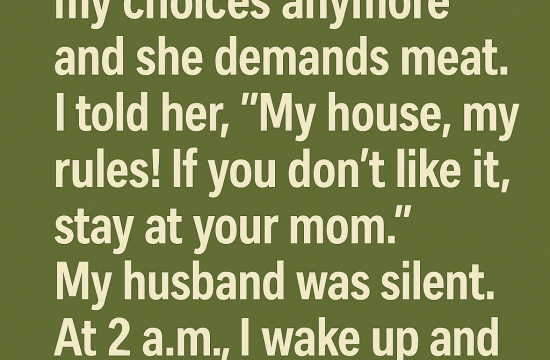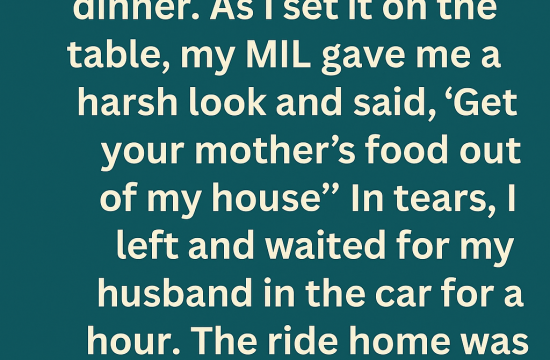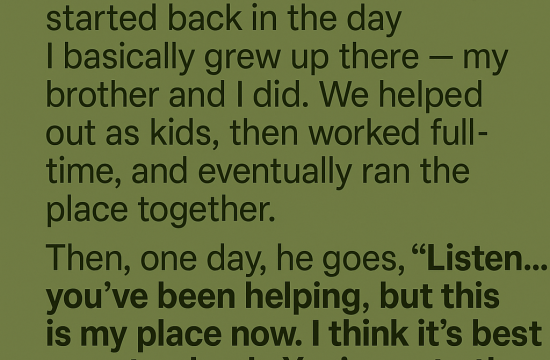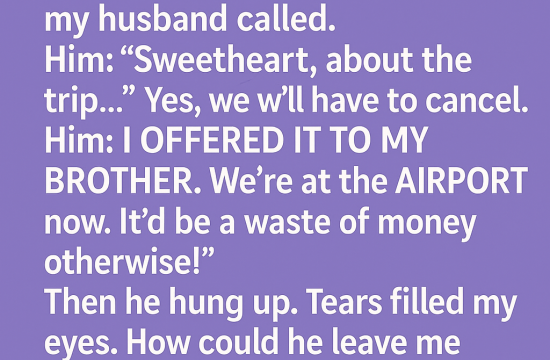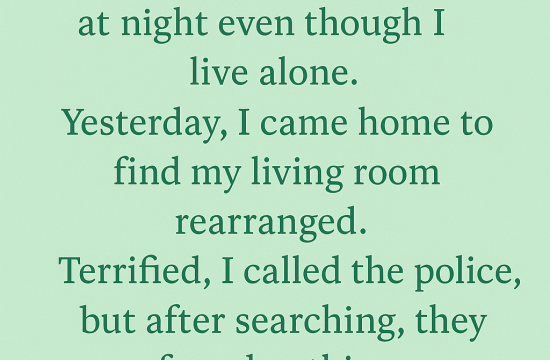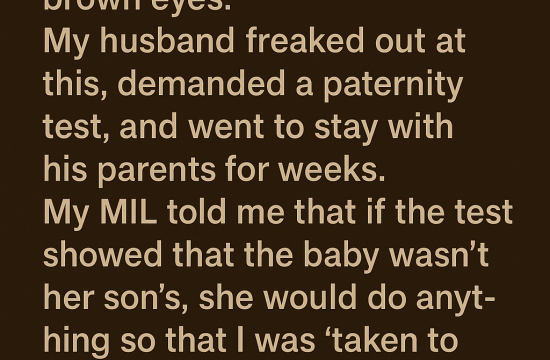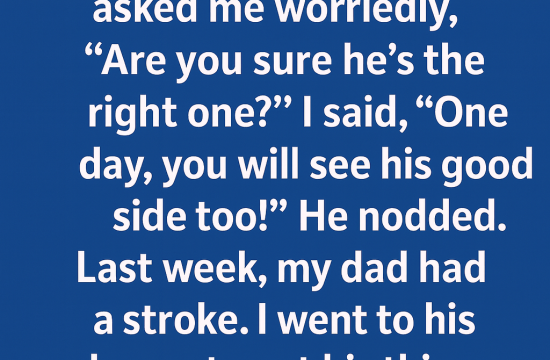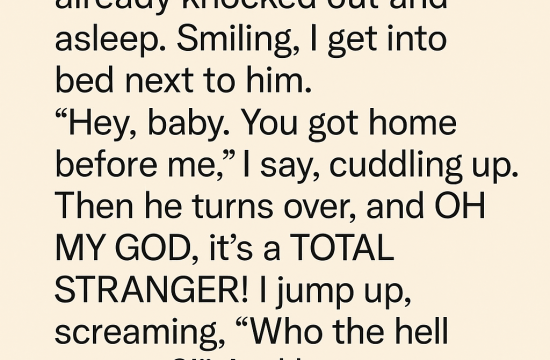For seven years, my neighbor and I battled over a narrow strip of land that divided our yards and nearly ruined our lives. Then one morning, he moved the fence and smiled like nothing had happened. But the real reason behind his sudden kindness didn’t hit me until weeks later.
Seven years.
That’s how long Carl and I fought over a three-foot strip of grass. Just a narrow stretch of land between our houses, but it might as well have been a war zone. It was the first thing I saw every morning and the last thing I thought about before bed.
Then one day, he just… gave it up.
Moved his fence back toward his house like it was nothing.
Said he’d had a “change of heart.”
Kindness? Or something else entirely?
It had all started with a survey.
The original property line was fuzzy—old records, misplaced pins, a confusing map from decades ago. But the city’s version showed the strip as mine. Carl didn’t care. He claimed it had been his for years, and no piece of paper would change that.
“Your fancy survey don’t mean squat,” he told me once, arms crossed, a toothpick bobbing in his mouth. “That fence’s been there since ’93. That’s the real line.”
“I’m sorry, Carl,” I tried to say calmly. “But the city says—”
“I don’t care what the city says.”
That was year one.
By year three, we had lawyers. By year four, I was taking timestamped photos and collecting inspector letters like baseball cards.
I once planted a neat row of shrubs to mark the boundary gently. Carl mowed them down the very next day. When I confronted him, he didn’t even look up from his newspaper.
“What shrubs?” he said flatly.
By year five, we had a court date. Carl arrived carrying a binder the size of a family Bible, full of fence photos, family snapshots, and a blurry scan of a neighborhood map from 1987.
“History matters,” he told the judge.
The judge sighed. Nothing got resolved. More delays, more bills.
By year six, I gave up. I was exhausted. Every morning felt like walking into a Cold War—quiet, tense, and personal.
Then came year seven.
A Thursday. Late March. Cold but sunny. I came home from work and almost didn’t notice at first. The fence—moved three feet back, toward Carl’s yard.
Carl was there, wiping his hands on a rag, grinning.
“Noticed the fence, huh?”
“I did,” I said. “You moved it.”
“Sure did,” he said easily. “Figured I’d had enough fighting. Time to let it go.”
I blinked. “Just like that?”
“Just like that,” he said, still smiling. “Call it a peace offering.”
I didn’t buy it, but what could I say? For once, there was quiet.
I planted flowers, added a small bench, started planning a birdbath. It finally felt like home again. Even the neighbors noticed.
“Looks nice,” Mrs. Finley told me one morning while walking her dog.
For a moment, it actually did.
But something felt… off.
Carl was not the type to surrender. For seven years, he’d fought for every inch. So when he suddenly smiled and gave it up, I couldn’t shake the unease.
Then came the rain.
Heavy, pounding rain that woke me in the middle of the night. Underneath the thunder, I heard engines—low and steady.
I opened the door.
Bright lights through the downpour. Six massive construction trucks lined up in Carl’s driveway.
A man in a yellow vest hopped out, clipboard in hand. “Morning!” he called, like it wasn’t two a.m.
“What’s going on?” I asked.
“Utility access,” he said. “Main line runs under that strip next to your house. Easement approved last week.”
He pointed right at the flowers I’d planted.
And that’s when it hit me.
Carl hadn’t moved the fence to make peace. He’d moved it to make room. The utility line was too close to his side—so he pushed the problem onto mine.
I turned. Carl stood at his garage, arms folded, watching.
He smiled. “Morning.”
I should’ve been furious, but I wasn’t. Because months earlier, I’d seen this coming.
I’d caught him pacing his yard with rolled-up blueprints, muttering to himself. One afternoon, I glimpsed the papers—plans for a huge garage expansion. I checked the city’s zoning site and found his application. Pending.
And his build violated the setback codes—twice.
So I filed a quiet complaint. No noise, no confrontation. Just facts.
Now, standing in the rain, I realized he’d tried to beat the system—start early, move the fence, and hope no one noticed.
But someone did.
Two days later, city inspectors showed up. Clipboards. Hard hats. Short questions. Long silence.
By that afternoon, red “STOP WORK” tape stretched across Carl’s driveway. “UNAUTHORIZED CONSTRUCTION” printed in bold.
The trucks left one by one.
Carl never said a word.
Weeks passed. The gravel where his garage was supposed to be stayed bare. The red tape faded, then disappeared. Carl kept to himself.
Sometimes I’d see him out watering his lawn, quiet, head down. No glares, no words. Just a man living next to the one person who’d quietly beaten him at his own game.
The strip of land we fought over for seven years? It’s mine now. Officially. Peacefully.
I planted lavender along the edge. Roses too. The bench sits right in the center, and most mornings, I drink my coffee there.
I used to think the fight was about land. But it wasn’t. It was about peace—and who’d have the last quiet laugh.
Carl may never say it, but I think he knows. He lost because he fought the wrong battle.
And me?
I finally got my peace—
and a perfect spot to enjoy my morning coffee.




